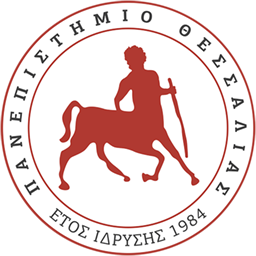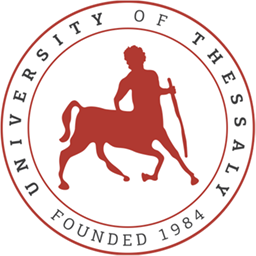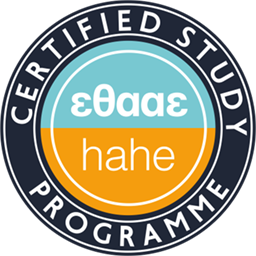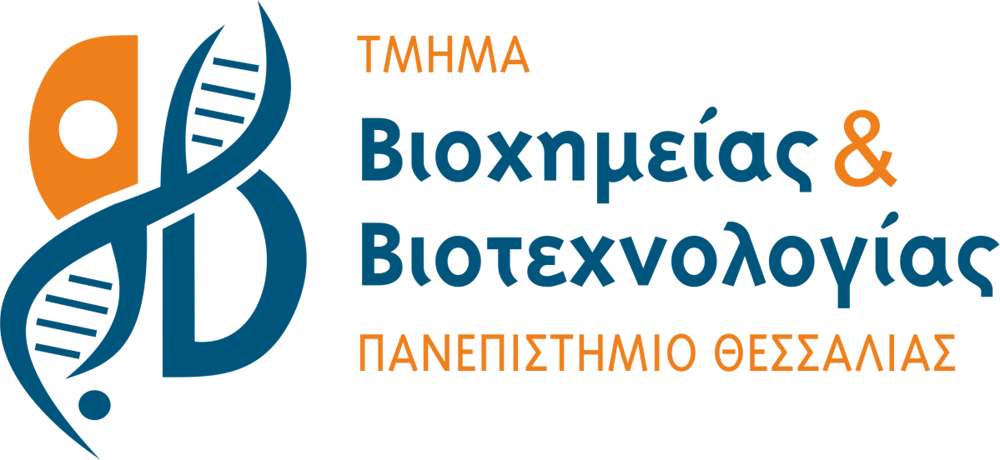Population Genetics
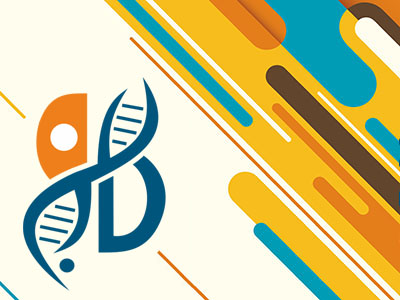
Theory: 2 hours/week | ECTS Units: 3
Content – Aim of the course
The main goal of the course is to point out the importance of the study of the genetic structure of populations, as well as the study of the factors that are involved in shaping the genetic characteristics of each population enhabiting a specific habitat in a given time.
The main knowledge features produced from the course are:
- Estimation of the genetic structure of populations
- The factors that are involved in the shaping of the genetic structure
- Hardy-Weinberg equilibrium
- Migration and gene flow
- Local adaptation and evolution
- The importance of mtDNA in population genetics
- Nuclear markers in studies of population genetics
- Modern practice in the field of population genetics: Applications using next generation sequencing techniques
Analytical Description of the Course
- Population Genetics: An introduction
- Local adaptation: Meaning and importance
- Genetic structure and the factors that are shaping the observed patterns
- Gene flow and population genetics
- Molecular markers in the field of population genetics: Applications and examples
- Next Generation sequencing techniques in the field of population genetics
- Review of the modern literature
Assessment
Exams will be on the material covered in lectures, as well as readings, assignments and in-class discussions. They will be a mix of question types: short answers, problem solving, short essays, and multiple-choice.
Reading Suggestions
- Population Genetics: A Concise Guide. Second Edition. John H. Gillespie.
- Population Genetics. Matthew Hamilton
- Human Population Genetics. John H. Relethford
Teaching Material / E-class
Lecturers

Zissis Mamuris (Course Coordinator)

